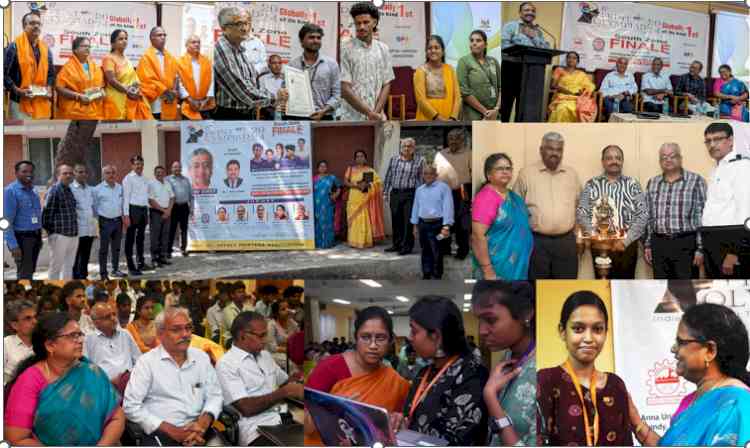PAU Urges Farmers To Adopt Varietal Diversity
Author(s): City Air NewsLudhiana, June 11, 2015: In view of climate change, increasing the attack of insect-pests and diseases, and adding to the inputs costs, the Punjab Agricultural University (PAU) has advised the farmers of the state...

Ludhiana, June 11, 2015: In view of climate change, increasing the attack of insect-pests and diseases, and adding to the inputs costs, the Punjab Agricultural University (PAU) has advised the farmers of the state to adopt crop diversification as well as varietal diversity. This will help in minimizing the losses and maximizing the profits, observed PAU experts.
Dr K.S. Thind, Head, Plant Breeding and Genetics, said, “In the last three years, PAU has released four rice varieties namely PR 121, PR 122, PR 123 and PR 124 which mature earlier than the previously released varieties.” During the Kisan Melas in March, the sale trend at PAU indicated that farmers selected the variety as per their local needs/suitability e.g. PR 121 was in more demand in Majha, Doaba and Puaadh, whereas PR 122 and PR 118 were preferred in the districts of Sangrur, Mansa and Bathinda, he said. Similarly, in the districts of Faridkot, Ferozepur, Sri Muktsar Sahib, Fatehgarh Sahib, and Tarntaran, PR 123 and PR 114 were the best sellers, he highlighted. However, the seeds of newly released variety PR 124 were purchased by the farmers from all the districts of Punjab, he added.
Dr G.S. Mangat, Senior Rice Breeder, said the present time is ideal for sowing of nursery of Basmati rice. He advised the farmers not to go for a particular variety rather should grow different varieties including Pusa Basmati 1121, Punjab Basmati 2, Punjab Basmati 3, Pusa Basmati 1509 etc. to avoid problems of marketing or natural calamities. For raising healthy nursery, farmers are also advised to treat the seed with 20 gm Bavistin + 1 gm Streptocycline in 10 litres of water for 12 hours. At the time of transplanting, it is also necessary to dip the roots of the plants in 0.2% Bavistin solution for six hours to check foot rot of Basmati rice.

 cityairnews
cityairnews 
















